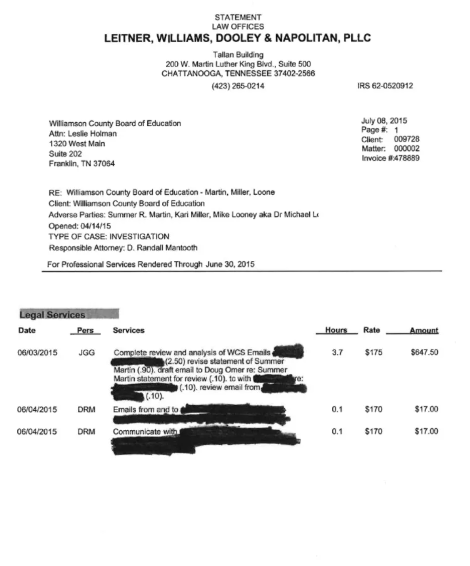Redacted Invoice
Redacted Invoice
A redacted invoice is a specific invoice that hides sensitive information. For instance, if a company shares invoices publicly, it can hide clients’ names.
Redaction is the process of editing a document to remove or conceal sensitive information before it’s shared publicly or disclosed. This is a common practice in legal, government, and corporate documents, where protecting confidential details is crucial. Whether it’s court filings, financial records, or internal reports, redaction ensures that private data doesn’t fall into the wrong hands.

With the rise of electronic filing and digital records, redaction has become even more important. Legal documents, for example, often contain personal information that could lead to identity theft or fraud if exposed. That’s why redaction is widely used to protect details such as Social Security numbers, financial account information, and personal addresses before making court records publicly accessible.
Redaction is also necessary for medical records, trade secrets, informant identities, and security-related information, in addition to invoices.
It reminds us of old spy movies where classified documents were blacked out.
FAQs
What is a canceled invoice called?
A canceled invoice is often referred to as a credit memo or credit note. When an invoice is issued but later needs to be reversed—whether due to an error, a returned product, or a canceled service—a credit memo is created to offset the original invoice. This ensures that both the seller’s and buyer’s accounting records remain accurate.
What is invoice discrepancy?
An invoice discrepancy occurs when there is a mismatch between the details on an invoice and the agreed-upon terms, purchase order, or actual delivery of goods or services. Common causes include:
- Incorrect pricing or quantities
- Missing or duplicate items
- Errors in tax calculations
- Differences in payment terms
Invoice discrepancies can lead to delayed payments, disputes, and accounting errors if not resolved promptly.
What does purge invoice mean?
To purge an invoice means to delete or remove it permanently from accounting records. This is typically done in accounting software when an invoice is no longer needed, such as outdated, duplicated, or erroneous invoices.
However, in financial management, purging an invoice is often discouraged because it removes all historical data, which may be needed for audits or compliance.
Does redacted mean remove?
Not exactly. Redaction means concealing or obscuring specific parts of a document while keeping the rest intact. It does not remove the information entirely but instead ensures that certain details, such as personal data, account numbers, or sensitive business information, are hidden from unauthorized access.
What is a redacted billing statement?
A redacted billing statement is a financial document where certain confidential details have been blacked out or obscured before being shared. For example, a credit card or bank statement may be redacted to hide account numbers, addresses, or transaction details before being submitted for legal or verification purposes.
What is redacted in accounting?
In accounting, redaction is used to protect sensitive financial data when sharing reports, invoices, or legal documents. This might include:
- Bank account details
- Taxpayer identification numbers (TINs)
- Client names and addresses
- Confidential financial transactions

